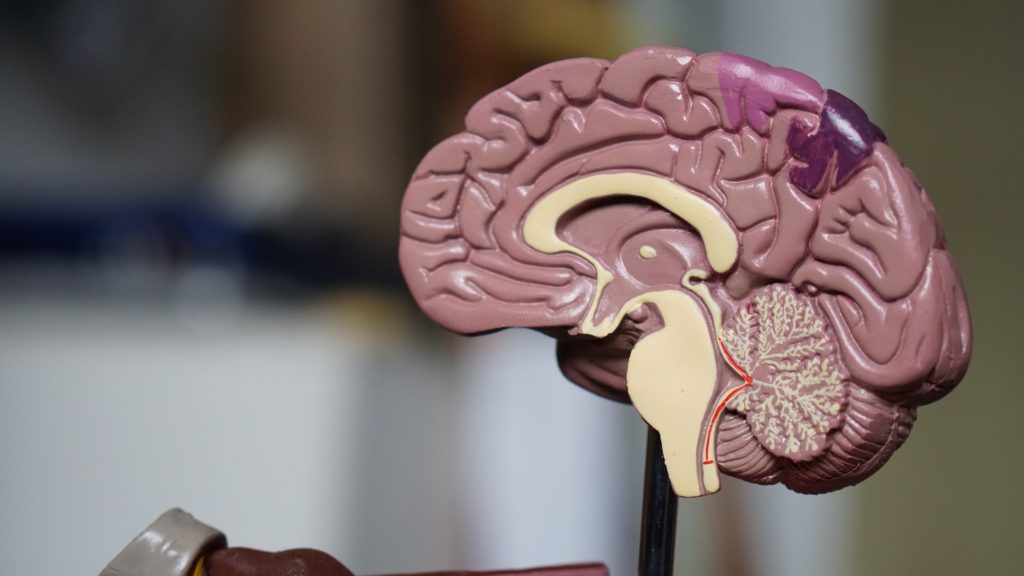Cannabidiol is a popular natural remedy that is used to treat many common ailments.
Cannabidiol or CBD is a natural constituent of the Cannabis sativa plant, more commonly called marijuana. Unlike Tetrahydrocannabinol (THC), which is another constituent of the same plant, CBD does not produce a psychoactive effect (a feeling of getting “high”). A marijuana plant that doesn’t contain any Tetrahydrocannabinol is called hemp.
Pain Relief
Cannabidiol may be a viable source of effective pain management according to many who have tried the remedy. There is some evidence that CBD can a positive impact for arthritis and other forms of chronic discomfort. Initial observations also indicate that CBD has been effective in reducing spasticity among multiple sclerosis patients.

Reduce Anxiety
Exciting possibilities exist for those who suffer from anxiety, as research is providing results that favor CBD for anxiety relief. Researchers believe that CBD can impact the brain’s response to serotonin, a chemical in the body that has been linked to mental health. The good news doesn’t end there, and the reason is that CBD may also improve the symptoms of post traumatic stress, lower the physiological effects of stress such as increased heart rate, and induce more effective sleep.
Alleviate Cancer-Related Symptoms
There are promising indicators that CBD can be a great complimentary therapy for cancer patients. While there is no definitive research regarding the use of Cannabidiol or other cannabinoids to treat cancer directly, there are several ways in which CBD might aid in a cancer patient’s recovery and comfort by
- Stimulating appetite
- Relieving nausea, and
- Reducing inflammation and related pain
Reduce Acne

With the ability to affect the body’s creation of sebum and its anti-inflammatory properties, CBD could be helpful in the reduction of acne. Results can vary individually, as acne has a variety of causes but CBD has shown anti bacterial and anti fungal properties that are thought to have a positive effect on human skin.
Neuroprotective Properties

The neuroprotective potential of CBD is based on the combination of its anti-inflammatory and antioxidant properties. Cannabidiol is of particular interest and is presently under intense preclinical research in the treatment of numerous neurodegenerative disorders.
Sativex, an oral spray by GW Pharmaceuticals, was shown to reduced muscle spasticity in sufferers of multiple sclerosis, especially those who were resistant to standard medications while Epidiolex has received FDA approval as a CBD based treatment for seizures among certain qualifying adolescent patients.
Heart Health Benefit
CBD has the potential to reduce blood pressure and aid in stroke recovery.
There is some evidence suggesting that CBD has the ability to lower the spike in blood pressure and heart rate occurring under stress. Interestingly, there is no evidence to suggest CBD has any affect on the heart at rest.
As with many other therapies, CBD for stroke recovery still needs more research. Although true, exciting initial studies do show that CBD could be viable for protecting stroke patients from brain damage and CBD may also might in the recovery process.
CBD Side Effects
The side effects of CBD use have been shown to be mild in most cases so here is what you need to look out for,
- nausea
- vomiting
- restlessness
- irritability
CBD Drug Interactions
CBD can lower the effectiveness of some drugs and increase the effect of others drugs such as wayfarin, the blood thinner. Although not definitive, here is a list of common drugs that can be effected by CBD,
- alprazolam
- amiodarone
- atorvastatin
- carbamazepine
- cilostazol
- clarithromycin
- colchicine
- dronedarone
- erythromycin
- felodipine
- fentanyl
- fentanyl transdermal system
- fexofenadine
- indinavir
- loratadine
- losartan
Always consult with a physician before you start any new course of therapeutic treatment including the use of CBD.
